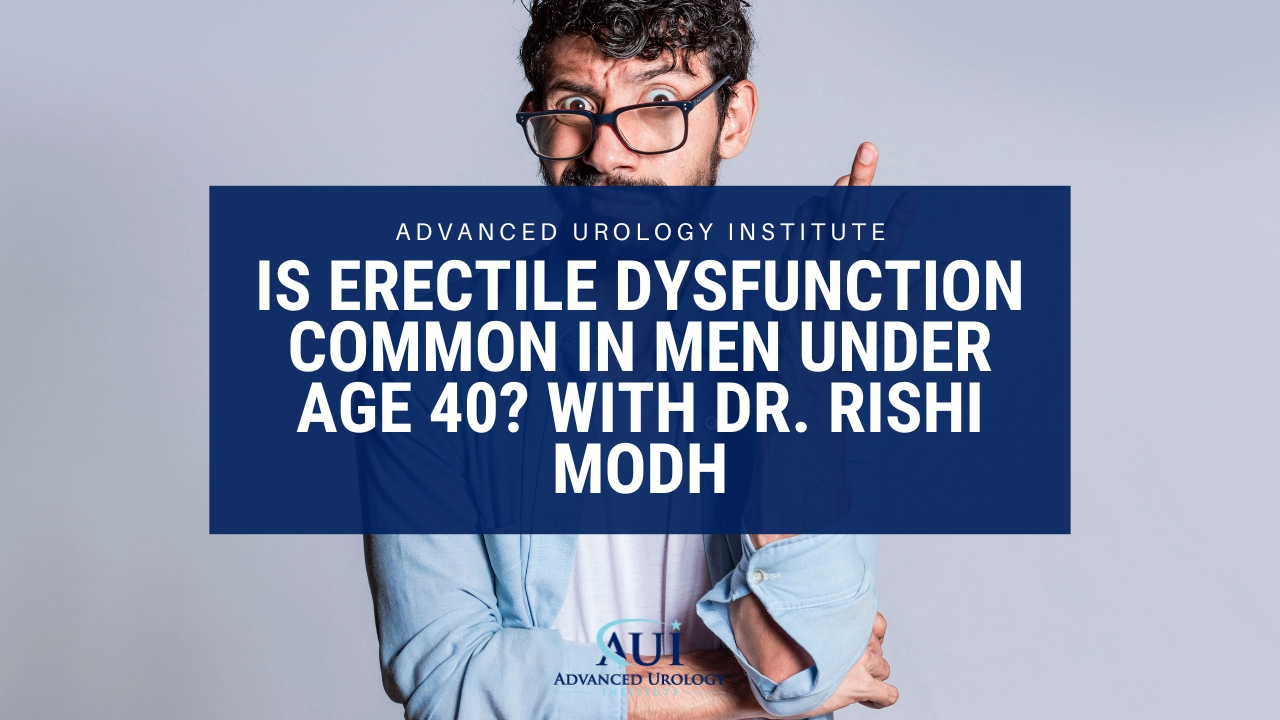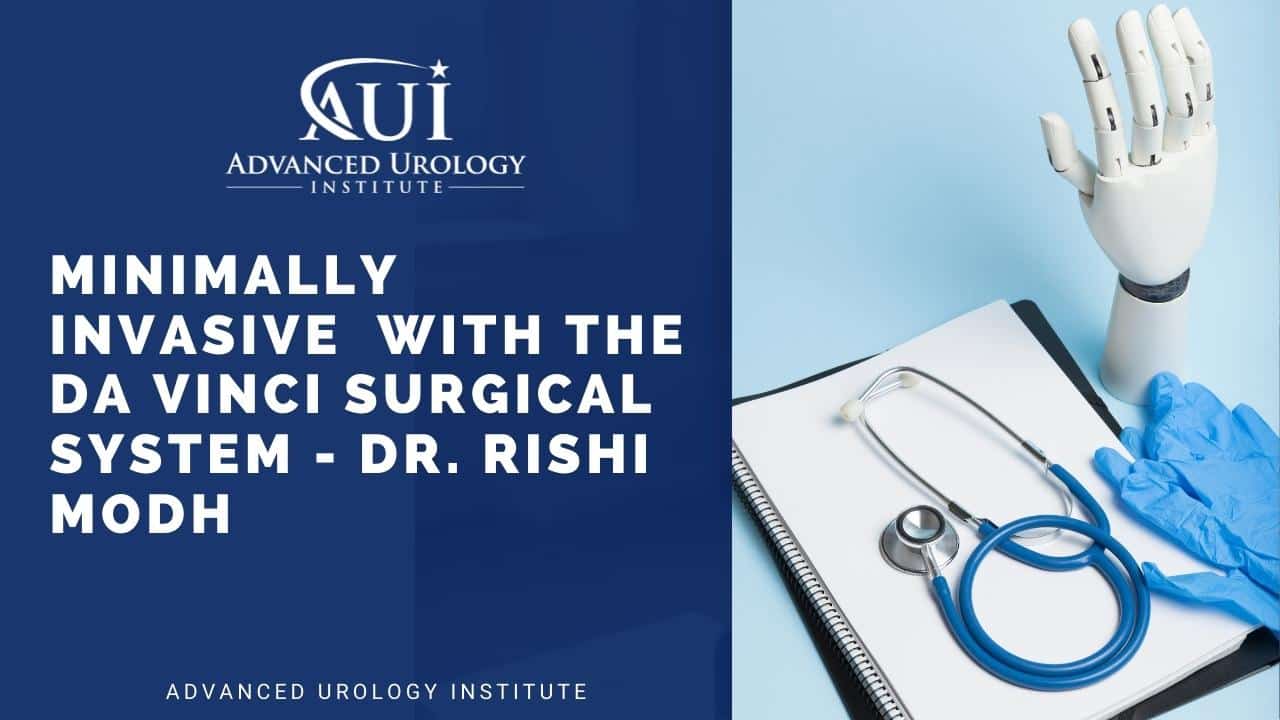KEY TAKEAWAYS:
- Urinary incontinence, a common condition among women, should not be accepted as a normal part of aging.
- Dr. Rishi Modh, a urologist in St. Petersburg, FL, offers a variety of treatment options for female urinary incontinence, including medications and procedures.
- The Advanced Urology Institute, the largest urology practice in Florida, provides comprehensive care and state-of-the-art treatments for women experiencing urinary incontinence.
Urinary incontinence is a condition that affects many women, and it is often mistakenly considered a normal part of aging. Dr. Rishi Modh, MD, MBA, a board-certified urologist in St. Petersburg, FL, challenges this misconception and highlights the various treatment options available for female urinary incontinence. Dr. Modh and the team at the Advanced Urology Institute work to improve the quality of life for women experiencing this condition.
Understanding Female Urinary Incontinence
While urologists are often associated with treating male patients, Dr. Rishi Modh emphasizes that they also treat numerous women for various urological issues, including urinary tract infections (UTIs) and urinary incontinence. Urinary incontinence, or the involuntary leakage of urine, is a common condition among women that can significantly impact their quality of life.
Challenging the Misconception
Dr. Modh stresses that urinary incontinence should not be accepted as a normal part of aging for women. Instead, women experiencing this condition should seek medical help, as there are various treatment options available to address and improve urinary incontinence. The goal is to enable women to live their lives without the discomfort and embarrassment associated with involuntary urine leakage.
Treatment Options for Female Urinary Incontinence
At the Advanced Urology Institute, Dr. Rishi Modh offers a range of treatment options for female urinary incontinence. These options include medications and procedures tailored to address the specific type of incontinence a patient is experiencing. By offering individualized care and evidence-based treatments, Dr. Modh and his team can significantly improve the quality of life for women suffering from urinary incontinence.
Advanced Urology Institute
The Advanced Urology Institute is the largest urology practice in Florida, providing comprehensive care and state-of-the-art treatments for a wide range of urological issues. With a team of dedicated and experienced professionals, the Institute is committed to offering innovative solutions and personalized care to patients experiencing urinary incontinence. Women seeking help for urinary incontinence can trust the expertise and compassionate care provided by Dr. Rishi Modh and the Advanced Urology Institute.
TRANSCRIPTION:
My name is Rishi Modh, I’m a board-certified urologist with Advanced Urology Institute.
Most commonly people think of a urologist as treating guys, but we treat numerous women for a whole host of problems. The most common problems being issues with urinary tract infections and urinary leakage. So unfortunately a lot of women accept urinary incontinence or leaking urine as a normal part of being a woman and getting older.
This does not have to be the case. We have great treatment options for medications to procedures for all different types of incontinence and we can really make a difference in people’s quality of life.
REFERENCES:
- “Urinary Incontinence in Women | Johns Hopkins Medicine.” https://www.hopkinsmedicine.org/health/conditions-and-diseases/urinary-incontinence/urinary-incontinence-in-women.
- “What’s the Treatment for Urinary Incontinence in Women? – WebMD.” 20 Apr. 2021, https://www.webmd.com/urinary-incontinence-oab/treatment-urinary-incontinence-women.
- “Common Female Urology Problems and How to Treat Them.” 6 Apr. 2017, https://www.michiganmedicine.org/health-lab/female-urologist-explains-womens-most-common-urological-concerns-and-how-treat-them.







